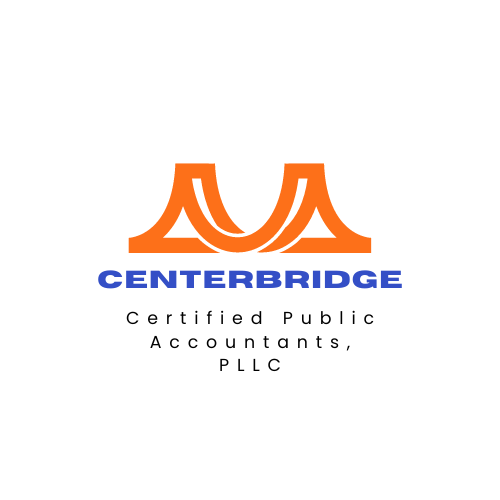Rental Deductions You Need To Know
As a landlord, you will want to make sure you take advantage of all of the tax benefits you can receive by owning a property. There are many other deductions than just the obvious ones. Expenses incurred to cancel a lease, reimbursements to renters for expenses they have incurred, and many others exist. Make sure you are taking advantage of all of the expenses you have.
Interest. Mortgage interest payments on the loan to purchase the rental property are a deductible cost, but make sure you also deduct interest on loans for improvements to the property, as well as credit card interest for credit card accounts you use to purchase any items or services for the property. Interest can be one of the most significant deductible expenses for a landlord.
Depreciation. The cost of your property is recovered over time through depreciation. After the second year of ownership, you can claim depreciation over 27.5 years.
Repairs. Any repairs you make to the rental property are deductible in the year the expense occurs. These include painting, replacing broken windows, hiring a plumber to fix leaks, putting new flooring down, plastering walls. To qualify, you have to make sure the expenses are ordinary in the cost of running the rental property, reasonable costs, and not capital improvements.
Travel. Suppose you have to travel to your rental property to collect rent, discuss issues with renters, attend renter association meetings, or carry out repairs. In that case, you can deduct the cost of this travel. If you have to visit service providers such as plumbers or electricians, you can also deduct that. If you are traveling from a distance, you can deduct the cost of your hotel as well.
Home Office. If you use a room in your home as an office to conduct the business of running your rentals, that portion of your rent or mortgage is deductible.
Losses. You can claim any losses as deductions. These include fire and weather damage or floods. If you have insurance, you can only deduct the non-reimbursed portion, of course.
Insurance. The premiums you pay on your property insurance are deductible. You will probably have a flood, fire, theft, and liability insurance on the property.
Services. Any kind of fees you pay for services related to the property are deductible, such as attorney fees, accountant fees, payments to property management companies, real estate investment advisors, and other professionals who provide you services to properly manage your rental property.
Some expenses that you may have are not deductible, however. If you have a loss of rental due to vacancy, it is not deductible, and certain modifications that are capital in nature, such as a new roof, room additions, a new fence, etc., are not deductible.

Avoid The Critical Financial Mistakes Made By Real Estate Pros
Failing in the financial basics will doom your business. Get our free e-book "The Real Estate Pro's Guide to Financial Success" to see if you are set up for success.

